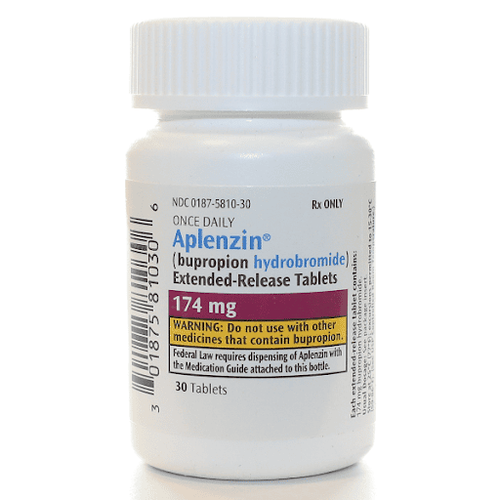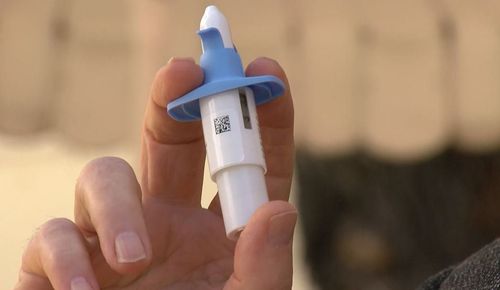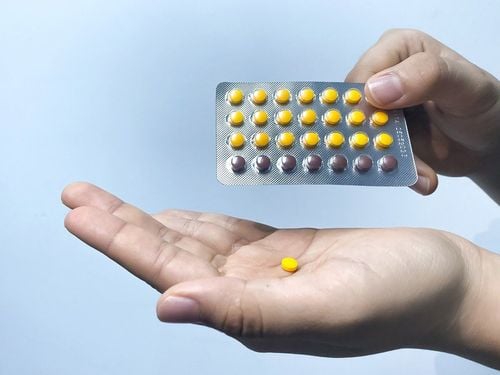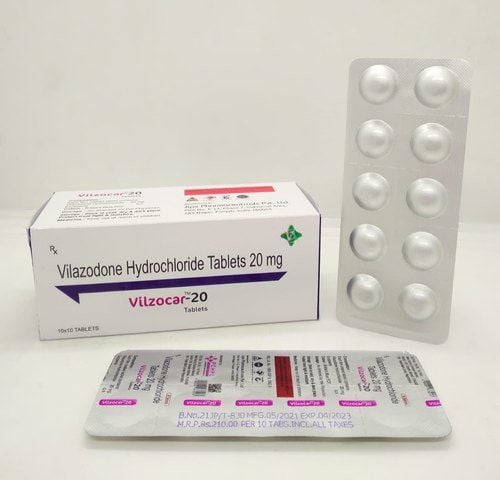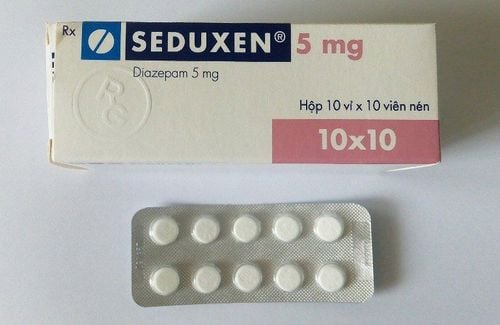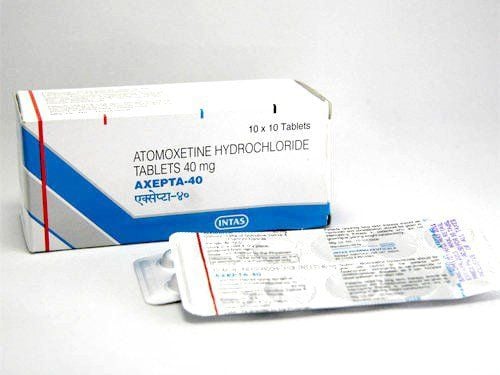This is an automatically translated article.
Are you feeling depressed, showing signs of depression? One of the medications you are taking could be the cause. If you suspect that your symptoms of major depression are related to a prescription medication you're taking, talk to your doctor right away. Accordingly, it is essential to learn about drugs that make depression worse.1. Are your medications causing your depression?
A 2018 study published in JAMA found that more than a third of adults in the United States are currently taking prescription medications that are likely to cause depression or increase suicide risk. Because depression is thought to be so common in medically ill patients, it is often difficult to determine with certainty whether these medications are the cause of depressive symptoms. However, it is important to be aware of the possible associations.
The risk of developing depression as a side effect of the drug is highest in people with a history of major depressive disorder, previous episodes of depression, a family history of depression, or previous drug-induced depressive episodes. .
The symptoms of drug-induced depression are the same as any depression: feeling hopeless, irritable, anxious, or angry; loss of interest in work, family, or previously enjoyable activities, including sex; distraction; difficulty sleeping; aches, headaches, cramps, or digestive problems; difficulty keeping up with the responsibilities of work, family, or other important activities; or increase or decrease appetite or weight.
2. Drugs that can cause depression
Although, by no means an exhaustive list, the following are 10 common medications that have been linked to depressive symptoms. You should consult your doctor or pharmacist for information on your own specific dosing regimen.
Beta Blockers: Beta blockers are commonly prescribed in the treatment of high blood pressure, although they can also be used to treat migraines, angina, irregular heartbeats, and tremors. They can also be given as eye drops in the treatment of glaucoma. Examples of this drug include metoprolol and propranolol. There is some debate about the extent to which these drugs can cause depression, but they are often associated with depressive symptoms such as sexual problems and fatigue. Corticosteroids: These drugs are often used to treat inflammatory conditions, such as lupus, rheumatoid arthritis, gout, etc. Corticosteroids can cause many psychiatric symptoms. It is thought that corticosteroids affect serotonin, a chemical produced by the brain thought to be involved in mood regulation. Examples of this drug include cortisone, prednisone, methylprednisolone, and triamcinolone.
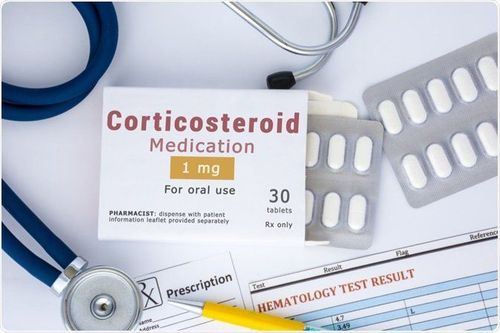
Corticosteroids có thể khiến tình trạng bệnh trầm cảm nặng hơn
Stimulants: Stimulant drugs may be prescribed to treat daytime sleepiness associated with conditions such as narcolepsy, and they may also be used to treat attention deficit hyperactivity disorder (ADHD). ADHD). Ritalin (methylphenidate) and Provigil (modafinil) are some examples of this type of drug. Although they have been used to boost antidepressants, there has also been an association with worsening mood with their use in some patients. Anticonvulsants: These drugs are used in the treatment of seizures, although they can also be used to treat other conditions, such as bipolar disorder and neuropathic pain. Some examples of these drugs that have been linked to an increased risk of depression include Tegretol (carbamazepine), Topamax (topiramate) and Neurontin (gabapentin), and Barbituate and Sabril (vigabatrin). Proton pump inhibitors (PPIs) and H2-receptor blockers: These drugs are most commonly prescribed to treat gastroesophageal reflux disease (GERD) and are sometimes associated with depression for other reasons. due to lack of clarity. Statins and other cholesterol-lowering drugs: While statins are the most commonly prescribed medication to lower cholesterol, other medications, such as fibrate, colesevelam, ezetimibe, and nicotinic acid may also be used for the purpose. this. There have been some reports linking these drugs to depression. It is thought that these drugs may cause depression by lowering cholesterol levels in the brain, where it serves many important functions. Anticholinergics: Anticholinergics affect many functions in the body, including slowing bowel movements. They are often used in the treatment of irritable bowel syndrome (IBS) with medications such as Bentyl (dicyclomine). However, because they affect the central nervous system, some have been implicated in depressive symptoms. Certain other medications may also be associated with depressive side effects such as antibiotics, acne medications, pain relievers, allergy medications, thyroid medications.
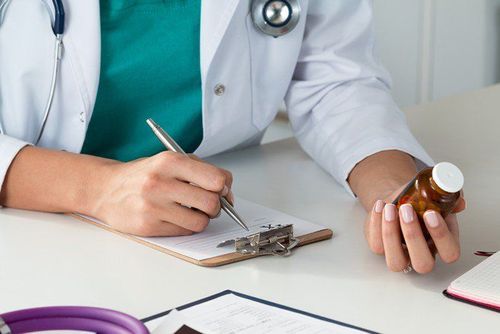
Tránh tình trạng bệnh trầm cảm nặng, người bệnh nên dùng thuốc theo đơn bác sĩ
3. What should you do if you suspect that your medication is causing your depression?
If you suspect that the medication you are taking may be causing your depression, do not be afraid to report your symptoms to your treating doctor. If you've just started taking a new medication, actively watch for symptoms to appear. Keep a journal and record the date, time, and type of new symptoms you experience, such as mood swings or insomnia. With most medications, the onset of depressive symptoms usually occurs in the first weeks or months of starting or even after the medication is stopped.
Report new symptoms immediately to your doctor or healthcare provider, who will help you find a dose change or new medication to avoid side effects.
To avoid using drugs that make depression worse, you need to use the drug exactly as directed by your doctor or according to the instructions for using the drug.
Please dial HOTLINE for more information or register for an appointment HERE. Download MyVinmec app to make appointments faster and to manage your bookings easily.




